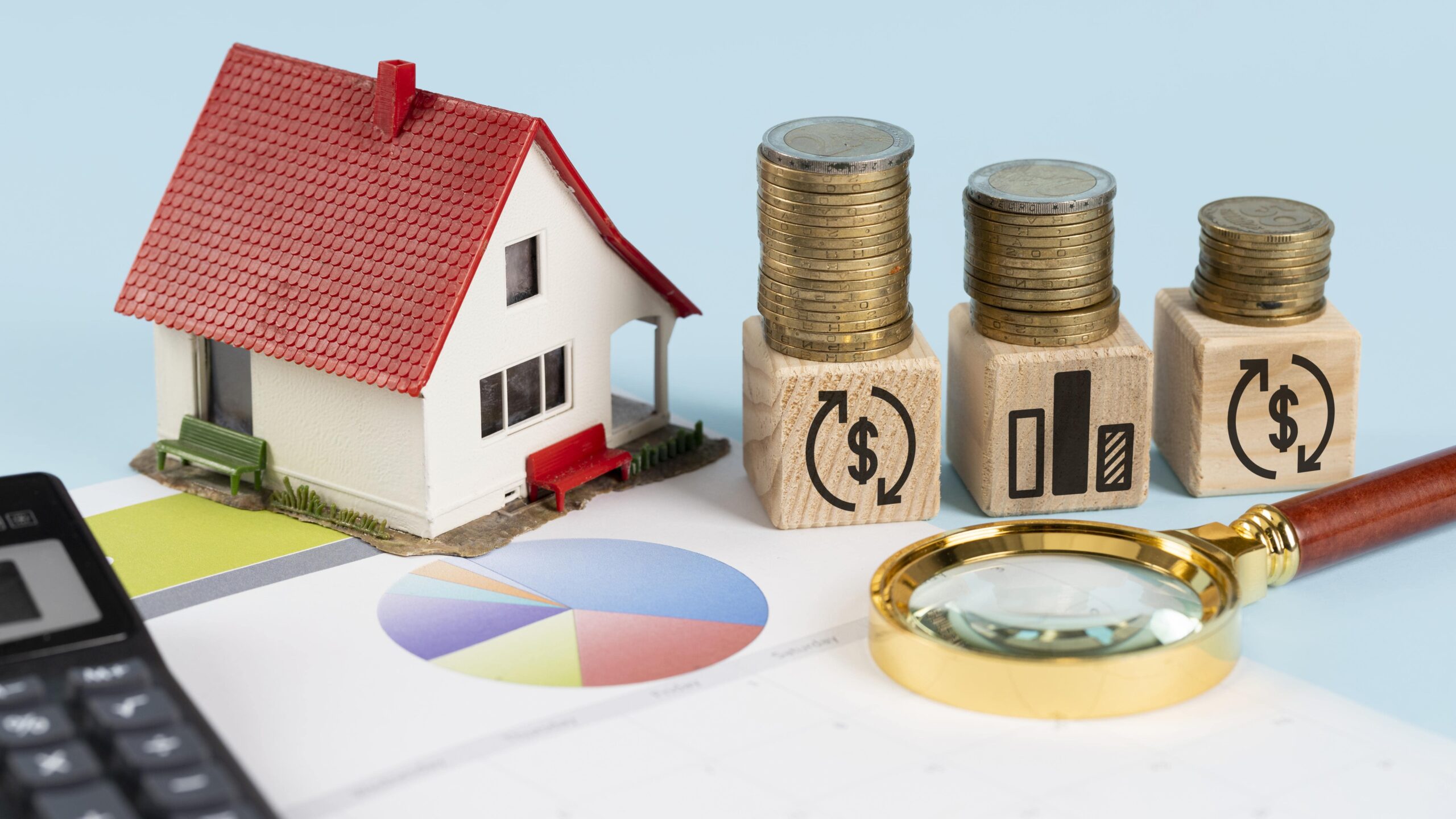Building a Solid Financial Foundation
Before embarking on the journey of buying a home, it’s crucial to establish a strong financial foundation. This includes maintaining a healthy credit score, saving for a down payment, and minimizing existing debt. Assess your current financial situation and set realistic goals to ensure you’re financially prepared for homeownership.

Exploring Mortgage Options
Research various mortgage options to find the one that best suits your needs and financial circumstances. Compare interest rates, loan terms, and down payment requirements from different lenders. Consider whether a fixed-rate or adjustable-rate mortgage aligns better with your long-term financial goals.
Budgeting for Homeownership Costs
Beyond the mortgage payment, homeownership comes with additional expenses such as property taxes, homeowner’s insurance, maintenance, and utilities. Create a comprehensive budget that accounts for these costs to avoid financial strain down the line. Factor in potential future expenses such as home repairs or renovations as well.
Negotiating and Closing the Deal
When making an offer on a home, negotiate strategically to ensure you’re getting the best possible price. Work with a real estate agent who understands the local market and can help you navigate the negotiation process. Once your offer is accepted, review the terms of the contract carefully and be prepared for closing costs.
Long-Term Financial Planning
Owning a home is a long-term commitment, so it’s essential to incorporate it into your overall financial plan. Continuously monitor your budget, savings, and investment strategy to ensure your home remains a sustainable and valuable asset. Consider how homeownership fits into your retirement planning and other financial goals.
By following these financial strategies, you can approach the home buying process with confidence and set yourself up for success as a homeowner.




